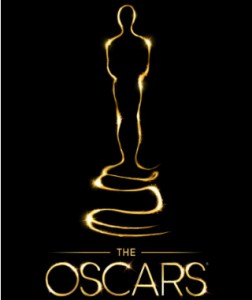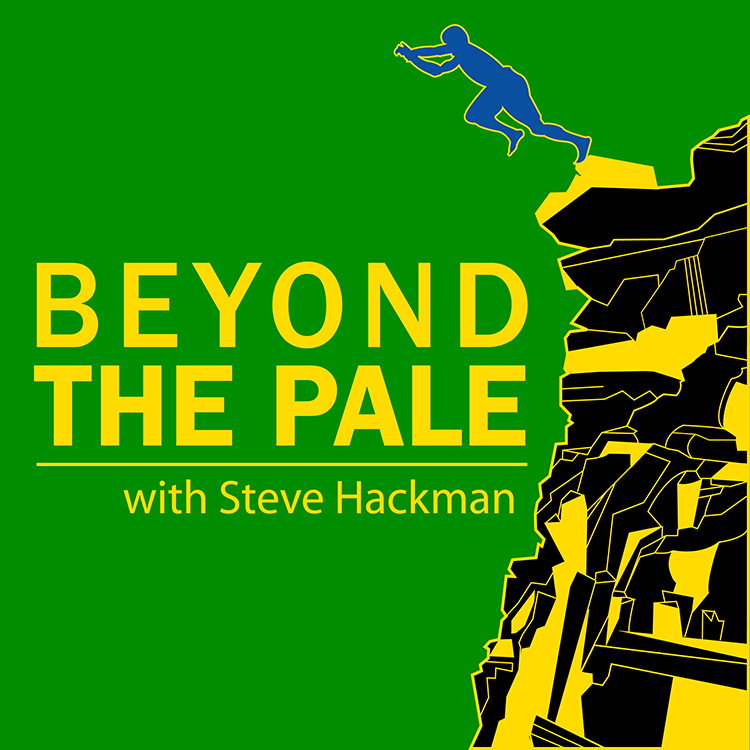The Divine Magician: or How To Make Real Life Appear By Smashing The “Sacred Object”

In grad school I took a class once called The Politics of Ideas. On the first day the professor warned us that each class period he would take us all into the metaphorical abyss where we would be un-moored from everything we thought we knew and understood to be real, “but don’t worry,” he added, “before the bell rings I will pull you out again into the sunlight and stable ground.”
Peter Rollins offers no such assurances!
In his new book The Divine Magician: The Disappearance of Religion and the Discovery of Faith Rollins takes aim at the “sacred object” which always lies just beyond our reach yet draws us like moths to the flame with it’s promises of wholeness and completeness. Whether that “sacred object” is Forbidden Fruit, The Holy of Holies, or even God himself, The Divine Magician will call into question your motivations for pursuit and assumptions of what you will eventually find when you finally peek behind the curtain.
Using the 3 essential parts of a magician’s trick, the Pledge, the Turn, and the Prestige, Rollins argues that this “trick” is actually a convention that continually echoes in the lives of all people.
We feel incomplete!
We lack wholeness!
We are depressed!
Then there is always something that promises to take away that pain whether it be a new relationship, a new job, a large pizza with everything, or even God. This “sacred object” is presented to us like the Pledge of a magician who waves the large silver coin to his audience. In life of course two things can happen in our pursuit of this object promising wholeness.
* we fail to obtain the “sacred object” and live with the misery of feeling an ongoing “lack” in our lives
or
* we obtain the object (job, lover, faithful church attendance) and discover it actually didn’t complete us as promised.
The ancient story of Adam & Eve then offers a mythical description of how sacred objects are formed and how their very formation creates within us a sense of painful longing. We (falsely) believe that the sacred-object can offer us wholeness and lasting pleasure; but in actuality, it is responsible for birthing our dissatisfaction.
The Divine Magician- pg 22
This disappearance of the “sacred object” is the Turn whereby the magician makes the silver coin, not unlike our hopes and dreams, vanish into thin air.
Peter Rollins tells the story of the Roman General Gnaeus Pompeius Magnus who in 63 BC stepped behind the temple curtain in Jerusalem only to discover “the sanctuary was empty and the Holy of Holies untenanted”.
There was nothing there…
What had been just been beyond the reach of the people of Israel and placed behind a curtain of prohibition was revealed to be nothing at all.
It’s this disappearance (the Turn) of the “object” that can destabilize a person into depression or force them to ultimately create a false system (religious or otherwise) that keeps the illusion of the object in place and the subsequent depression at bay. Hence the reason, for example, fundamentalists react in the way they often do:
Fundamentalist communities are not threatened by the liberal claim that they believe to much, for this plays into the very fantasy that sustains them. The threatening move in such communities lies in the other direction; in exposing how they don’t believe enough. Why? Because it is only as they fully accept their beliefs without unbelief that they are faced with the powerlessness and even horror of those beliefs. It is only then that beliefs themselves might crumble into dust.
The Divine Magician – Pg 153
Rollins suggests the goal of the the Pledge and the Turn however are not to leave us in this empty state, but to prepare us for the Prestige; the reappearance of the object. But the reappearance of said object, not unlike the resurrected Christ, comes in a form we often don’t immediately recognize. And the traits of this “re-apparated object” differ from the earlier “object of desire”. Rather than give an illusionary wholeness, this “Prestige” frees us from the ongoing need to seek wholeness at all.
Christianity should not be thought of as the means of bridging a gap. This event is nothing less than the smashing of the whole chasm / bridge idea that Gnostic spiritualities buy into. The liberation that this narrative expresses does not offer us the fullness we seek, but rather frees us from the need to seek fullness.
The Divine Magician – Pg 85

In the end, Rollins conclusion is that working through this three part system by engaging in practices that cause disruption to the illusions we create provide an opportunity for us to live a life worth living. The tell tale sign of this worth while life is not the affirmations we cling to but the evidence in how we interact with our environment:
The evidence of “forgiveness of sin” is not found in profession of belief, but in a life freed from self destructive pursuits, scapegoating, and violence.
The Divine Magician – pg 83
The Divine Magician is possibly Peter Rollins most accessible book. He mixes theology and philosophy effortlessly and utilizes his natural gift of storytelling in a way that makes his work attainable to readers across a spectrum of educational or religious backgrounds.
I’ve suggested before Peter Rollin’s writing is far from the “happy clappy” certainty of most Christian literature and a new reader may feel uncomfortable at the honest probing of sacred assumptions he is prone to do, but I’ve come to the realization that if I’m not getting Peter Rollins in my spiritual diet, I am not eating a balanced meal.
Take my advice and read The Divine Magician now
Peace,
Steve
2 comments
Comments are closed.
Related
-
Uncategorized
Why I’m Not A Universalist: And How Rob Bell Helped Change My Focus from “Getting There” to “Staying Here”
By Steve -
Uncategorized
Kevin Miller: “Statements of Faith” vs.”The Way of Jesus”
By Steve -
Uncategorized
“Holy Ghosts” With Peter Rollins Pt. 2
By Steve -
Uncategorized
Weekend Distractions: 86th Academy Awards Predictions
By Steve
-
Uncategorized
Can You Be Gay & Christian?
By Steve -
Uncategorized
4 Qualities of David That Made God “Smile” or How to “Get” God!
By Steve -
Uncategorized
Complicated Answers to Simple Questions: Why Jesus Is Still Overturning Our Religious Boxes
By Steve -
Uncategorized
Hyper-Grace: The Dangerous Doctrine of a Happy God
By Steve
-
Uncategorized
Jay Bakker and Learning To “Smell” Like Jesus
By Steve -
In Memorium / Uncategorized
Why Mandela Matters!
By Steve

I am reading it now. It is a divine book.
Good summary of the concepts explored in “The Divine Magician”. The philosophy / theology here builds on perceptions from Rollin’s last two books. The honest explorations, stories and ideas he presents in his work always provoke new thoughts and approaches regarding meaning for me.